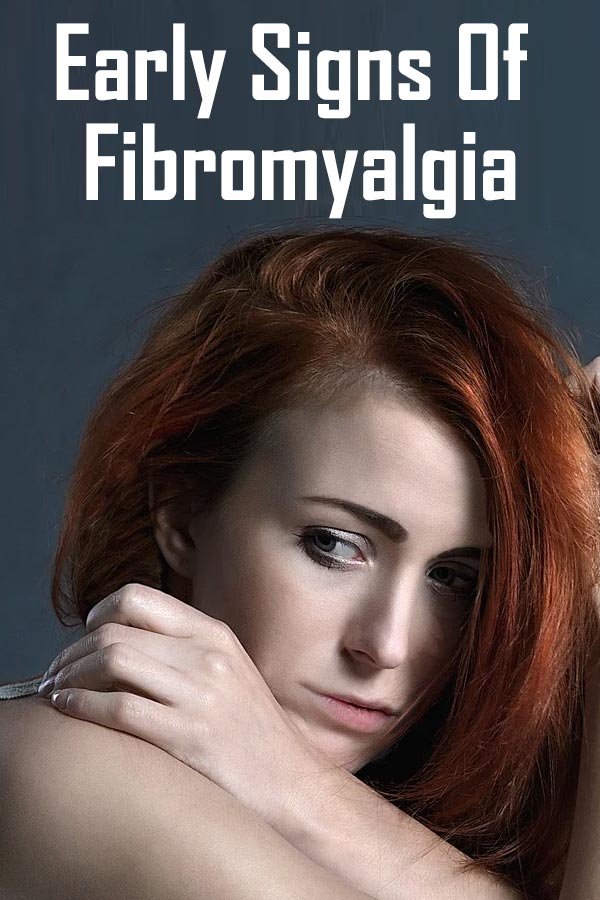An Introduction to Fibromyalgia
Fibromyalgia is a disorder characterized by musculoskeletal pain with other symptoms, including mood swings, memory loss, fatigue and lethargy, and insomnia.
Fibromyalgia is the second most common condition which affects our bones and muscles.
This disease is often misdiagnosed and even misunderstood. The most common symptom of this disease is fatigue, muscle pain, and joint pain.
Although there is no definite cure for fibromyalgia, a combination of medicines, exercising, a healthy way to manage stress, and good healthy eating habits may eradicate these symptoms assuring you can lead an everyday life.
The actual cause of fibromyalgia is unknown, but doctors suggest that it is a problem with how the brain and spinal cord process pain signals from our nerves.
Fibromyalgia is common among women or if you have another very painful disease such as an infection or arthritis.
Fibromyalgia is also common among those with mood disorders such as anxiety and depression.
If people in your family have fibromyalgia, you are more likely to get this disease, and it is also common among people who rarely exercise or are emotionally abused.
The Early Signs of Fibromyalgia
Although there are many symptoms of fibromyalgia, the most common symptom is pain.
The pain one gets from fibromyalgia is intense and needs medical attention.
However, there are a few early symptoms of fibromyalgia that one with this illness might have.
Some of the most common and early symptoms of fibromyalgia include:
- Severe pain in the body for more than three months in all of the eighteen tender points in the body
- Allodynia
- Being extremely sensitive to strong scents
- Fibrofog or fibro haze
- Paresthesia
- Increased sweating in the entire body
Allodynia is a kind of severe pain it increases sensitivity to touch.
It means you will feel intense pain even if someone pats your back, shakes your hand, or hugs you.
Allodynia can also occur in patients due to lack of rest, sleep, and poor nutrition.
Commonly, allodynia occurs in patients with fibromyalgia as patients get severe pain in the whole body.
Intense pain is one of the earliest symptoms of fibromyalgia; usually, those with fibromyalgia also have allodynia.
Sensitivity to solid scents is also one of the early signs of fibromyalgia. People sensitive to light, sound, and smell may become very irritated and deal with pain.
This occurs in the early stages of fibromyalgia, making the patient very sensitive to these things.
Fibro haze is also an early sign of fibromyalgia and is very stressful.
People who have fibro haze face memory problems and have a hard time trying to remember what they said.
They may call people by the wrong names, not remember any kind of commitments and start feeling panicky.
There is an excellent chance that patients who have fibro haze might also feel confused, sad, lonely, and angry. They might also get extremely anti-social and not socialize with people or friends.
Shivering and anxiety is also early sign of fibromyalgia. This is known as paresthesia, which is usually found in patients who have just entered the stage of fibromyalgia.
They might shiver at the slightest change in climate or temperature while talking to anyone, and they might also face anxiety issues.
The last early symptom of fibromyalgia is profuse sweating. This might seem normal to people and patients, as one with anxiety might also face sweat problems.
However, patients with fibromyalgia face a lot of sweating and might sweat more than ordinary people.
Some patients with fibromyalgia may sweat vigorously and even believe they have a fever.
When this happens, the patient must take lots of water as so much sweating can dehydrate the person and tire them to the core.
With the loss of so much water from the body, the patient might face lethargy and fatigue and, in severe cases, might also be hospitalized.
Some other symptoms of fibromyalgia
Some of the most common symptoms include:
- You have severe muscle pain, burning, itchiness, twitching, or tightness.
- You feel weak or lethargic in performing routine work.
- You have insomnia, or you cannot sleep well.
- You feel nervous, depressed, stressed, or worried.
- You have trouble concentrating, and you forget stuff called fibrofog
- You have tender points
- Frequent headaches
- The slow and confused state of mind and speech
- Extreme tiredness
- Insomnia
- Irritable bowel syndrome
- Migraines
- Sensitivity to pain, some foods, and smoke
These symptoms are discovered in the later stages of fibromyalgia, but even these might not be present in every patient.
But the doctor might get hold of your illness by looking at one of the earliest symptoms of fibromyalgia.
The one getting any early symptoms of fibromyalgia must visit the doctor and explain these symptoms to the doctor.
The patient should not waste their time and take notice of these symptoms before they increase and the pain gets so intense that it is unbearable.
Your doctor will assess these symptoms and then take the necessary action for the patient.
Although fibromyalgia is very different for every patient, all patients don’t need to face the symptoms above.
Every patient diagnosed with fibromyalgia might also have to get a different treatment from their doctors.
As no specific test is done for fibromyalgia, the doctor might look at the earliest signs of fibromyalgia and then decide what next should be done with the patient and what is best for their treatment.

